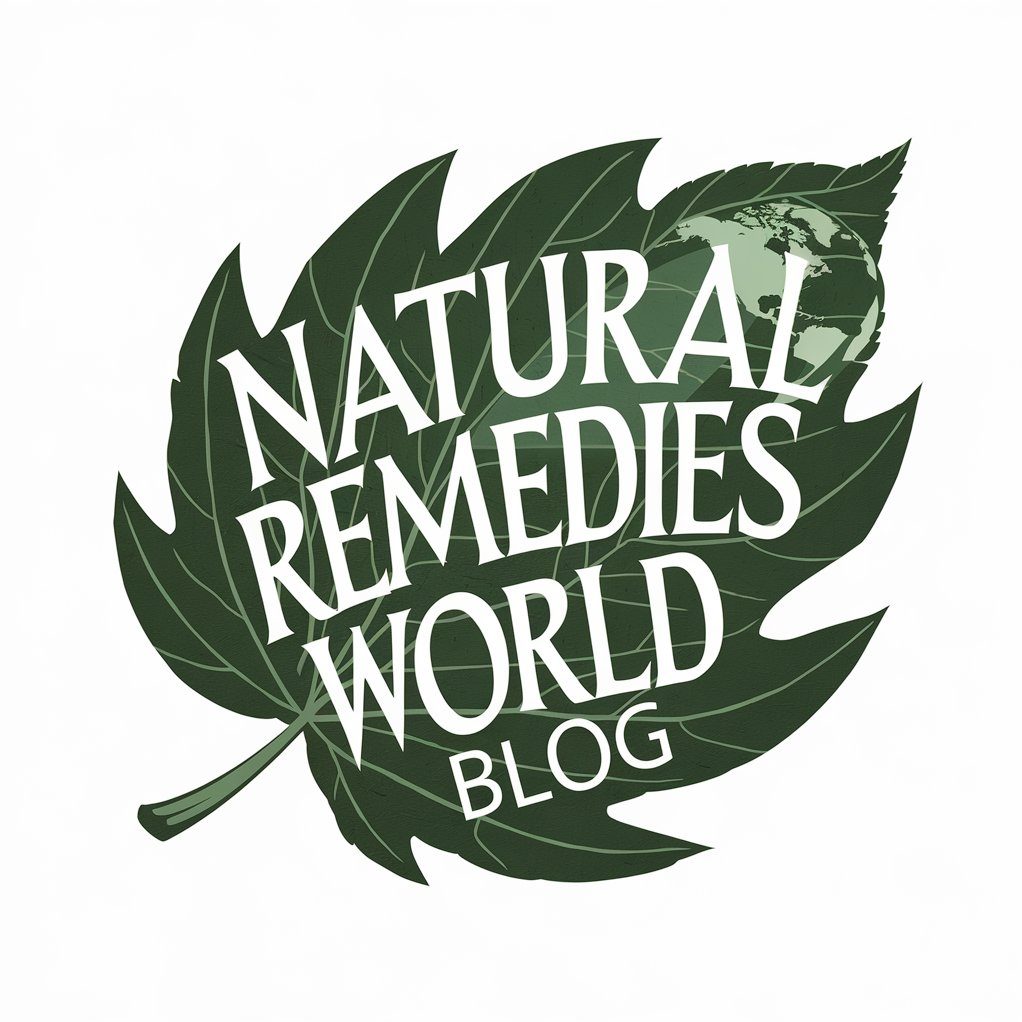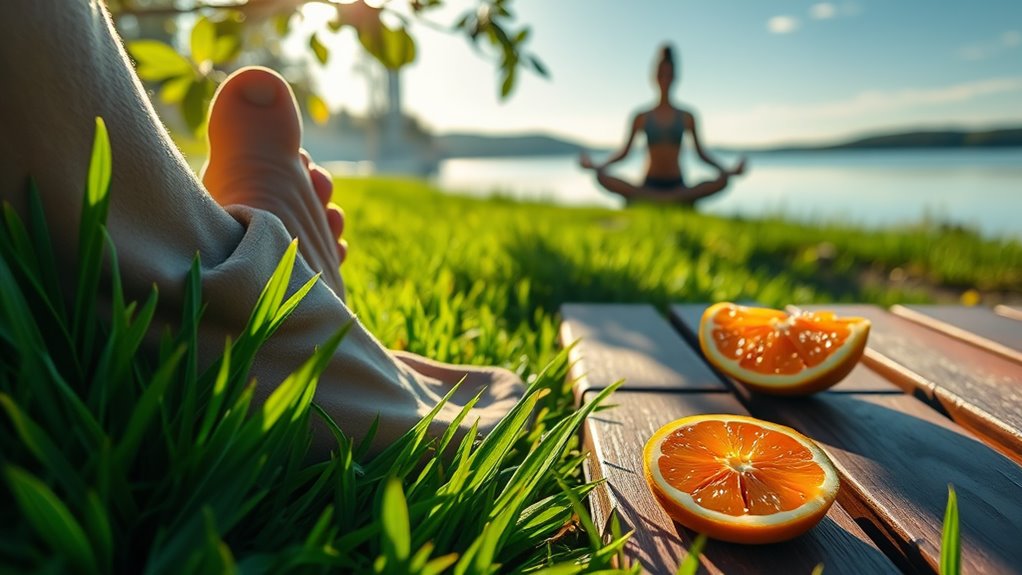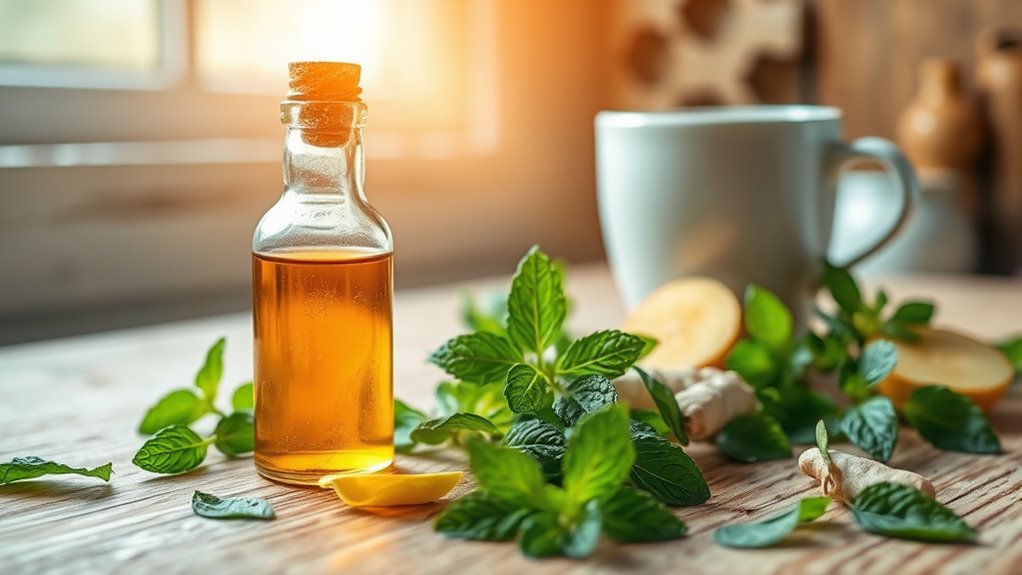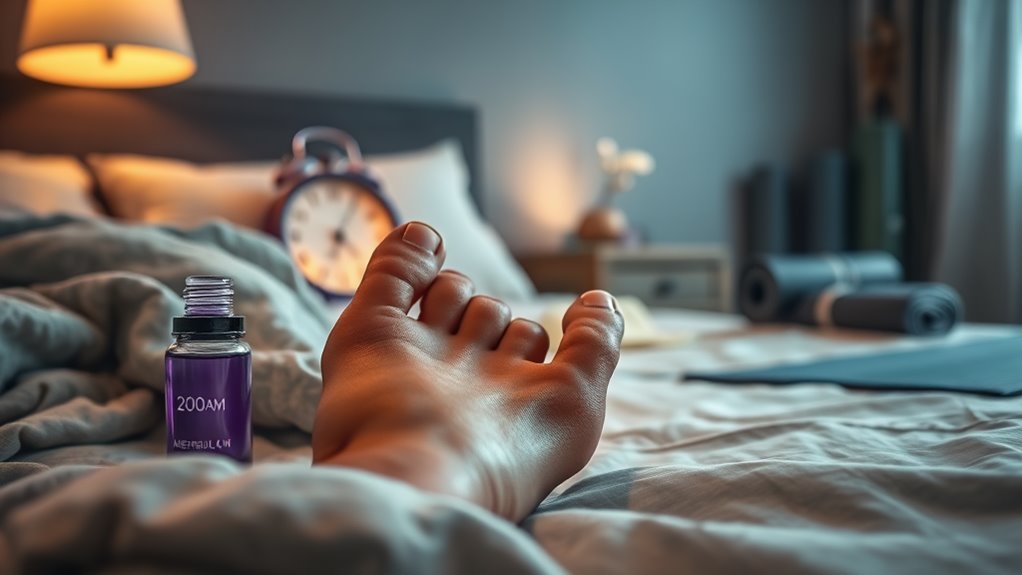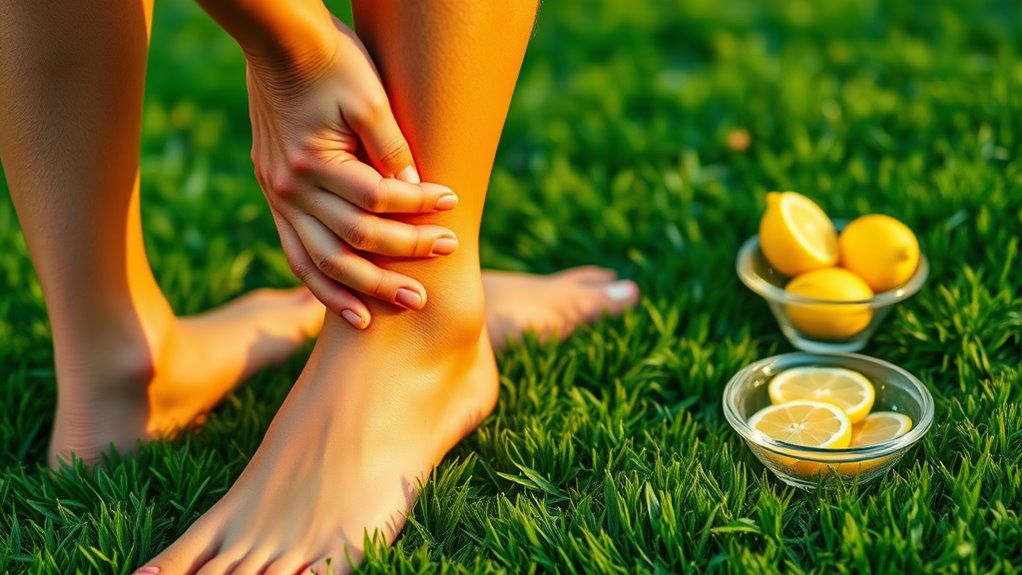Say Goodbye to Muscle Cramps Forever With This One Trick!
Say goodbye to muscle cramps forever by focusing on magnesium and hydration! Magnesium regulates muscle contractions and helps prevent cramps, so include magnesium-rich foods like leafy greens, nuts, and legumes in your diet. Staying hydrated is crucial too; aim for half your body weight in ounces of water daily. Remember to replenish fluids during workouts. By mastering these strategies, you can keep cramps at bay and enjoy a more active lifestyle. Find out what else you can do to stay cramp-free!
Understanding Muscle Cramps: Causes and Symptoms
Muscle cramps can strike unexpectedly, leaving you in discomfort and confusion about their origin. These involuntary contractions often occur during physical activity, but they can also pop up at rest. Factors like dehydration, overexertion, or prolonged sitting can trigger them. You might notice tightness in the muscle, accompanied by sharp pain that can last from seconds to several minutes.
Certain conditions, such as nerve compression or electrolyte imbalances, can increase your risk. If you’ve recently increased your workout intensity or changed your routine, you’re more likely to experience cramps.
Recognizing these symptoms and understanding their causes is essential for prevention. By knowing your body and its needs, you can effectively reduce the chances of those painful interruptions in your day.
The Role of Magnesium in Muscle Function
While you may not realize it, magnesium plays a crucial role in maintaining healthy muscle function. It helps regulate muscle contractions and relaxations, ensuring your muscles work smoothly.
When you’re low on magnesium, you might experience cramps or spasms, which can be uncomfortable and disruptive. This essential mineral aids in energy production, supporting your muscles during physical activity.
It also helps transport calcium, which is vital for muscle contraction. By keeping your magnesium levels balanced, you can promote optimal muscle performance and reduce the likelihood of cramps.
Top Magnesium-Rich Foods to Include in Your Diet
Maintaining adequate magnesium levels is vital for muscle health, and one of the best ways to ensure you’re getting enough is through your diet.
Start by incorporating leafy greens like spinach and kale, which are packed with magnesium. Nuts and seeds, particularly almonds and pumpkin seeds, are great snacks that boost your intake. Whole grains, such as brown rice and quinoa, also contribute significantly.
Don’t forget about legumes; beans and lentils aren’t only nutritious but also magnesium-rich. Dark chocolate is another delicious way to add more magnesium to your meals.
Hydration Techniques for Preventing Muscle Cramps
How can staying properly hydrated help you avoid muscle cramps? Proper hydration is essential for maintaining optimal muscle function.
When you’re dehydrated, your muscles can become more susceptible to cramping. To prevent this, make sure you’re drinking enough water throughout the day. You should aim for at least half your body weight in ounces daily.
During exercise, replenish fluids by sipping water or a sports drink every 15-20 minutes, especially in hot weather. You can also eat hydrating foods like fruits and vegetables.
If you’re sweating a lot, consider adding electrolytes to your hydration routine. By staying on top of your hydration, you’ll keep your muscles happy and reduce the chances of cramps occurring.
Immediate Relief Strategies for Muscle Cramps
When a muscle cramp strikes, quick action can make all the difference in alleviating the discomfort. Here are some immediate relief strategies you can use:
| Strategy | Description | Effectiveness |
|---|---|---|
| Stretching | Gently stretch the affected muscle | High |
| Heat Application | Use a warm towel or heating pad | Moderate |
| Massage | Rub the cramped muscle firmly | High |
| Hydration | Drink water or an electrolyte drink | Moderate |
| Deep Breathing | Focus on slow, deep breaths to relax | Moderate |
Try these techniques the next time you feel a cramp coming on. You’ll find that taking swift action can significantly reduce the pain and get you back to your activities.
Long-Term Prevention Tips for a Crampless Life
To enjoy a life free from muscle cramps, focusing on long-term prevention strategies is essential.
Start by staying hydrated; drink enough water daily to keep your muscles functioning well. Incorporate a balanced diet rich in potassium, calcium, and magnesium. Foods like bananas, leafy greens, and nuts can do wonders.
Regular stretching and warm-up exercises before physical activities can also help prevent cramps. If you’re active, make sure to gradually increase your workout intensity to avoid overexertion.
Additionally, listen to your body—don’t ignore signs of fatigue. Lastly, consider maintaining a consistent sleep schedule; good rest aids muscle recovery.
With these tips, you’ll significantly reduce your chances of muscle cramps and enjoy a more active lifestyle.
Frequently Asked Questions
Can Stress Contribute to Muscle Cramps?
Yes, stress can definitely contribute to muscle cramps. When you’re stressed, your body tenses up, leading to tight muscles. Managing stress through relaxation techniques can help reduce those cramps and improve your overall well-being.
Are There Specific Exercises to Prevent Cramps?
Yes, certain exercises can help prevent cramps. Stretching regularly, staying hydrated, and incorporating strength training into your routine can keep your muscles balanced and reduce the likelihood of cramps during physical activity.
How Do Weather Changes Affect Muscle Cramps?
Weather changes can impact muscle cramps by altering hydration levels and temperature. When it’s hot, you sweat more, losing electrolytes. In cold weather, muscles may tighten, increasing the likelihood of cramps during activity. Stay hydrated!
Can Dehydration Alone Cause Muscle Cramps?
Yes, dehydration can definitely cause muscle cramps. When you don’t drink enough fluids, your muscles lose essential electrolytes, leading to increased tension and cramping. Staying hydrated helps keep your muscles functioning properly and reduces cramp risk.
Is There a Link Between Cramps and Certain Medications?
Yes, certain medications can indeed cause muscle cramps. If you notice cramps after starting a new medication, it’s wise to talk to your doctor. They might adjust your dosage or suggest alternatives to alleviate the issue.
